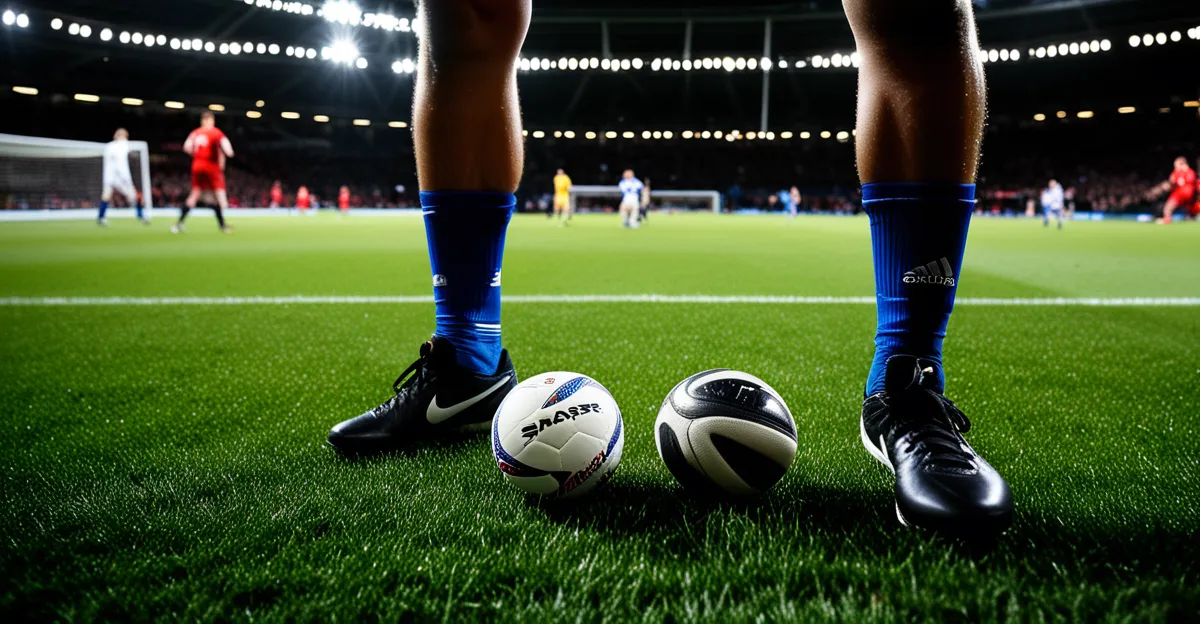Historical Milestones in the Evolution of UK Sports
The UK sports history reveals crucial milestones that have shaped its rich athletic culture. One significant era is the codification of football rules in the mid-19th century, which laid the foundation for modern football both in the UK and globally. This sports timeline highlights the establishment of iconic competitions like the FA Cup in 1871 and the British Open in golf, milestones that propelled UK sports onto the international stage.
The 20th century saw dramatic turning points such as the rise of professional athletics and the expansion of women’s participation, reflecting broader social changes. Post-war periods were particularly influential, as government investment in sports infrastructure facilitated mass participation and improved facilities, embedding sports deeply into community life.
This might interest you : How Does the UK Foster Sportsmanship Among Young Athletes?
Moreover, hosting pivotal events like the 2012 London Olympics not only showcased UK sporting excellence but also accelerated infrastructure development and heightened public interest, linking historical context to contemporary progress. Such moments in the UK sporting milestones underline how history has continuously informed today’s robust sports culture, reflecting both tradition and innovation in the UK’s evolving sports landscape.
Also read : How Are UK Sports Teams Adapting to Technological Innovations?






